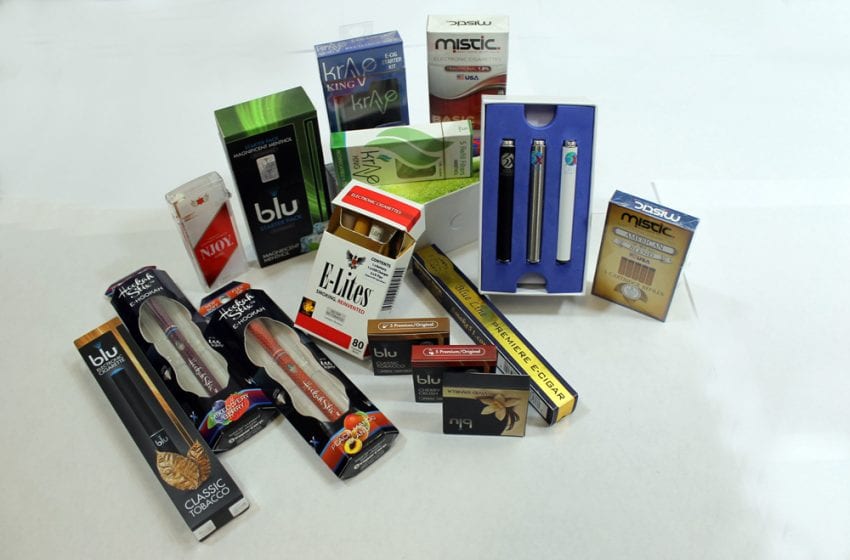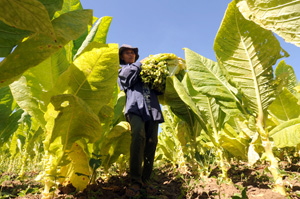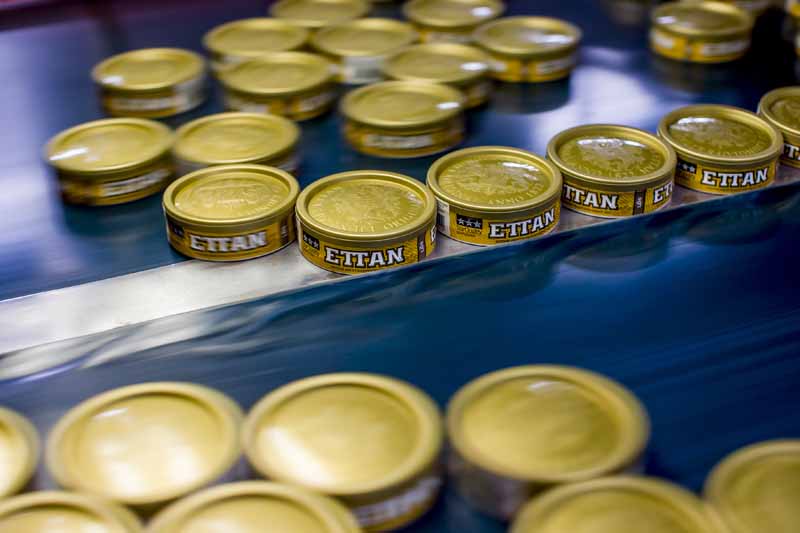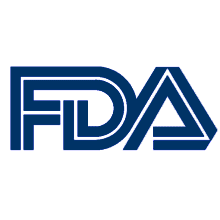British American Tobacco (BAT) has been awarded a position on the Supplier Engagement Leaderboard compiled by global environmental impact non-profit organization CDP. The listing identifies BAT as a global leader for engaging with its suppliers on climate change.
CDP recognized BAT for its actions and strategies to reduce emissions and manage climate risks in its supply chain in the past reporting year. More than 4,800 companies were assessed by CDP. They were given a supplier engagement rating based on answers to questions about governance, targets, scope 3 emissions, value chain engagement of their response to the CDP 2019 climate change questionnaire and their overall CDP climate change score.
BAT is among the top 3 percent of organizations assessed by CDP and one of almost 160 companies on this year’s leaderboard.
“Climate change is a global issue, and multi-stakeholder collaboration to address its impacts and find innovative new solutions for a low-carbon economy is essential,” said Simon Cleverly, group head of corporate affairs at BAT.
“Partnering with suppliers and other stakeholders across our value chain is a key element of our mission to reach our science-based targets, and I’m delighted that our work in this area has been recognized by inclusion on the CDP Supplier Engagement Leaderboard.”
“Congratulations to all the companies on the CDP Supplier Engagement Leaderboard for this year,” said Dexter Galvin, director of corporates and supply chains at CDP.
“They are showing leadership on engaging their suppliers to manage climate risk and cut emissions. Given that supply chain emissions are on average 5.5 times as high as a company’s operational emissions, this couldn’t be more crucial. If we are to achieve the goals of the Paris Agreement and decarbonize the economy, then other companies learning from these leaders and engaging their suppliers is going to be vital.”










